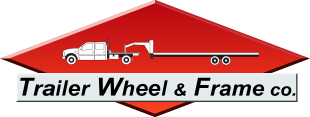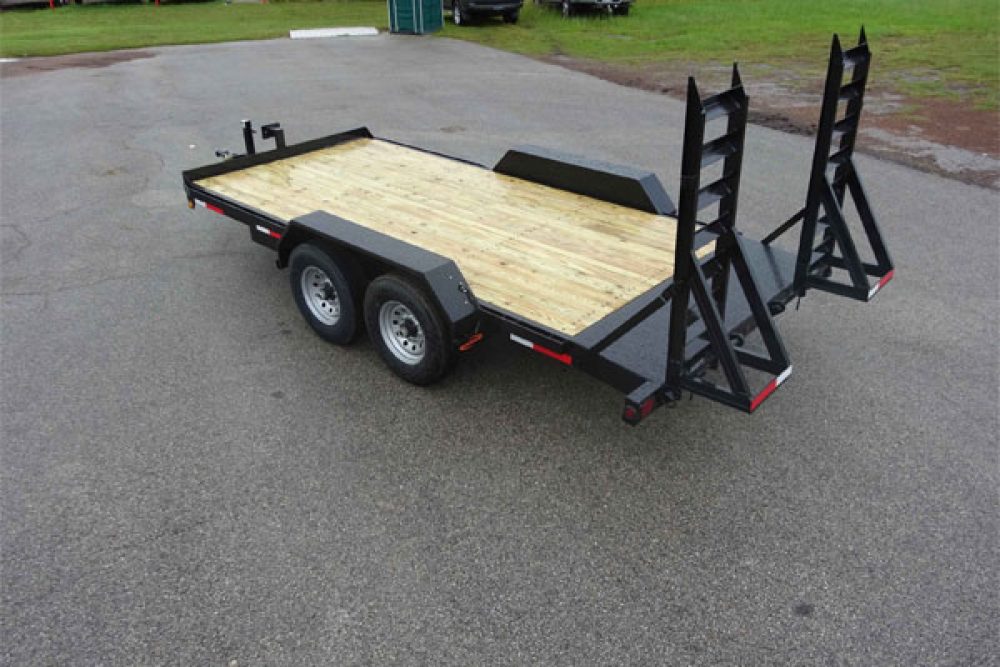Equipment Trailers Buyer’s Guide
“The right tool for the right job” is a wise axiom, and that is certainly true when selecting the right trailer. If your business involves hauling equipment for construction or agriculture, specialized trailers are available to make the task much easier. Since equipment comes in a variety of sizes and shapes, it is a good thing that equipment trailers come in a variety of sizes as well.
Trying to haul equipment on trailers that are not designed for the task risks damage to the piece of equipment and/or the trailer. Matching the need to the resource is a wise business move; here are some things you should know about equipment trailers.
Benefits of Equipment Trailers
- While equipment trailers come in a variety of sizes, their structure has been built sturdy, with adequate strength to support heavy equipment. Since equipment often needs to be hauled over rough terrain, equipment trailers are rugged and stable. Whether hauling a lawn tractor or a heavy excavator, a trailer is available to handle the load carefully.
- Equipment trailers are available without side panels, maximizing the width capacity of equipment. Equipment wider than 8.5’ and taller (including the trailer height) than 13.6’ are considered oversized loads, but trailers are available to handle this equipment.
- Equipment trailers are designed for specialty hauling, with extra tie-down points, ramp storage, and adjustable axles for weight distribution. This makes them more reliable and extends the longevity of use for the designed purpose.
Types of Equipment Trailers
- Flatbed trailers with open decks are very common and widely used. Loading ramps are detached and portable.
- Tilt trailers have a unique design; the rear portion of the trailer “breaks” and becomes the loading ramp to accommodate loading and unloading. These trailers have either hydraulics to lower the load or gravity dampening—hydraulics that slow the tilt to avoid damage.
- Gooseneck equipment trailers connect to the bed of a pickup or flatbed truck. These trailers distribute weight differently, which can be useful for heavy loads or difficult routes. The gooseneck design changes the turn radius and can be helpful in tight spaces.
Reminders
Before making a purchase, make sure to match the maximum size/weight load with an appropriate trailer. Check to ensure:
- The trailer can handle the equipment payload weight. This ensures the trailer can carry the specific equipment and is legal on the road.
- The trailer is wide and long enough for the largest load.
- The hitch of the trailer matches the towing vehicle.
- The trailer has the needed accessories—ramp design, toolbox, wide load accessories, etc.
Trust the Equipment Trailers Experts
Choosing the right equipment trailer can greatly improve the efficiency and productivity of your business. At Trailer Wheel and Frame, we provide a diverse range of high-quality equipment trailers designed to meet your unique needs. Call us today at 281-931-7777 and let our trailer experts assist with selecting the best equipment trailer for your equipment hauling needs.

